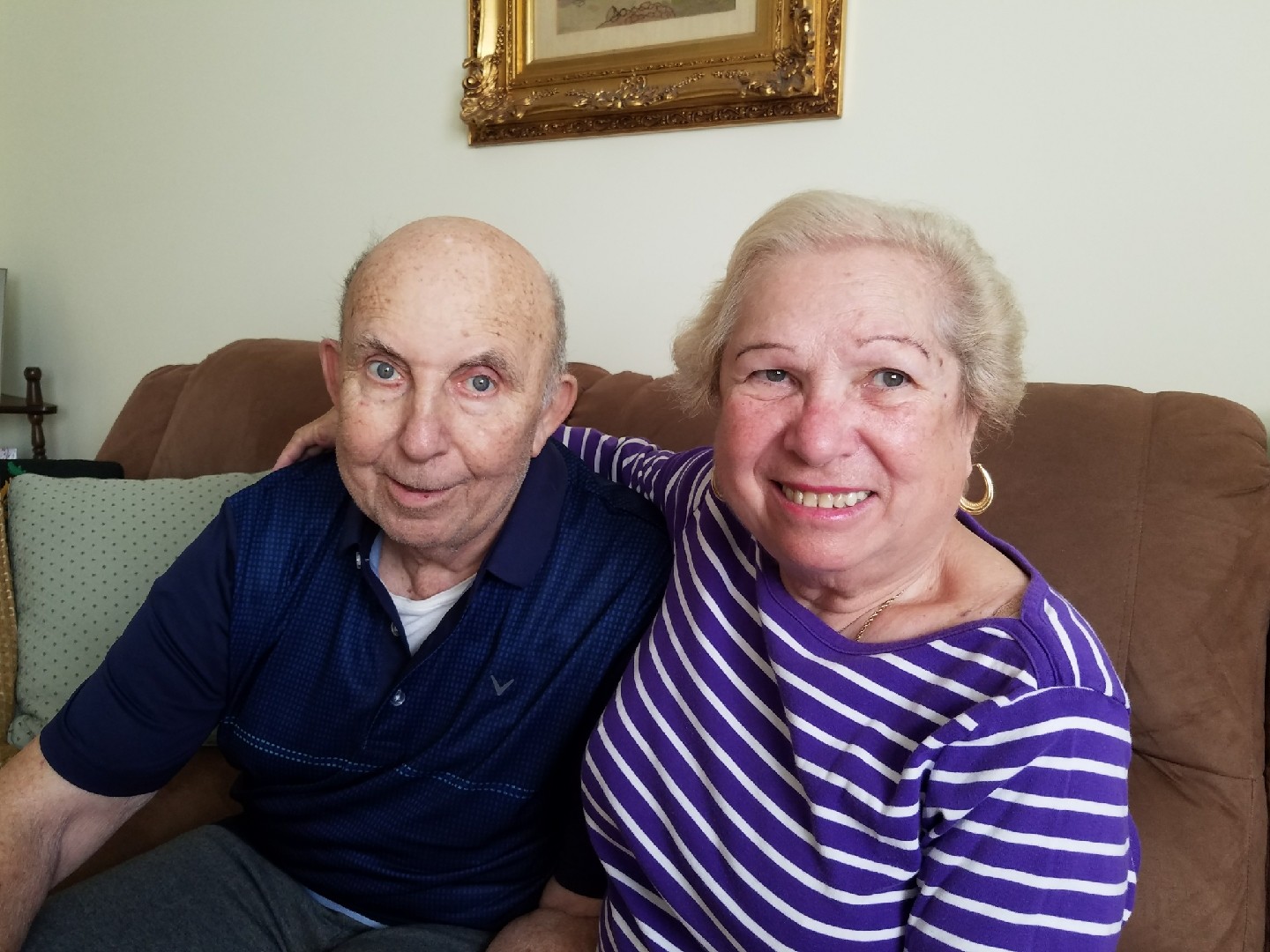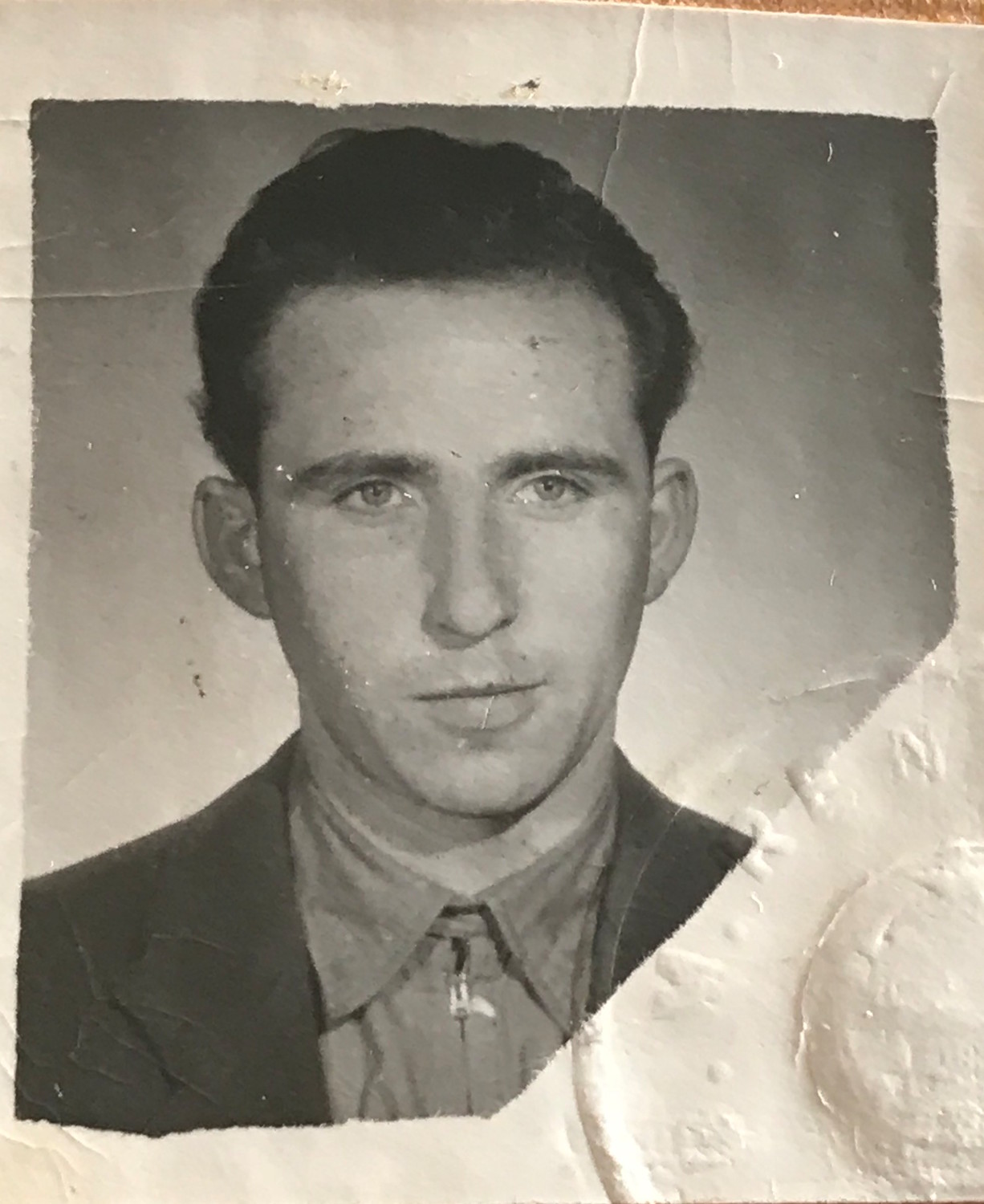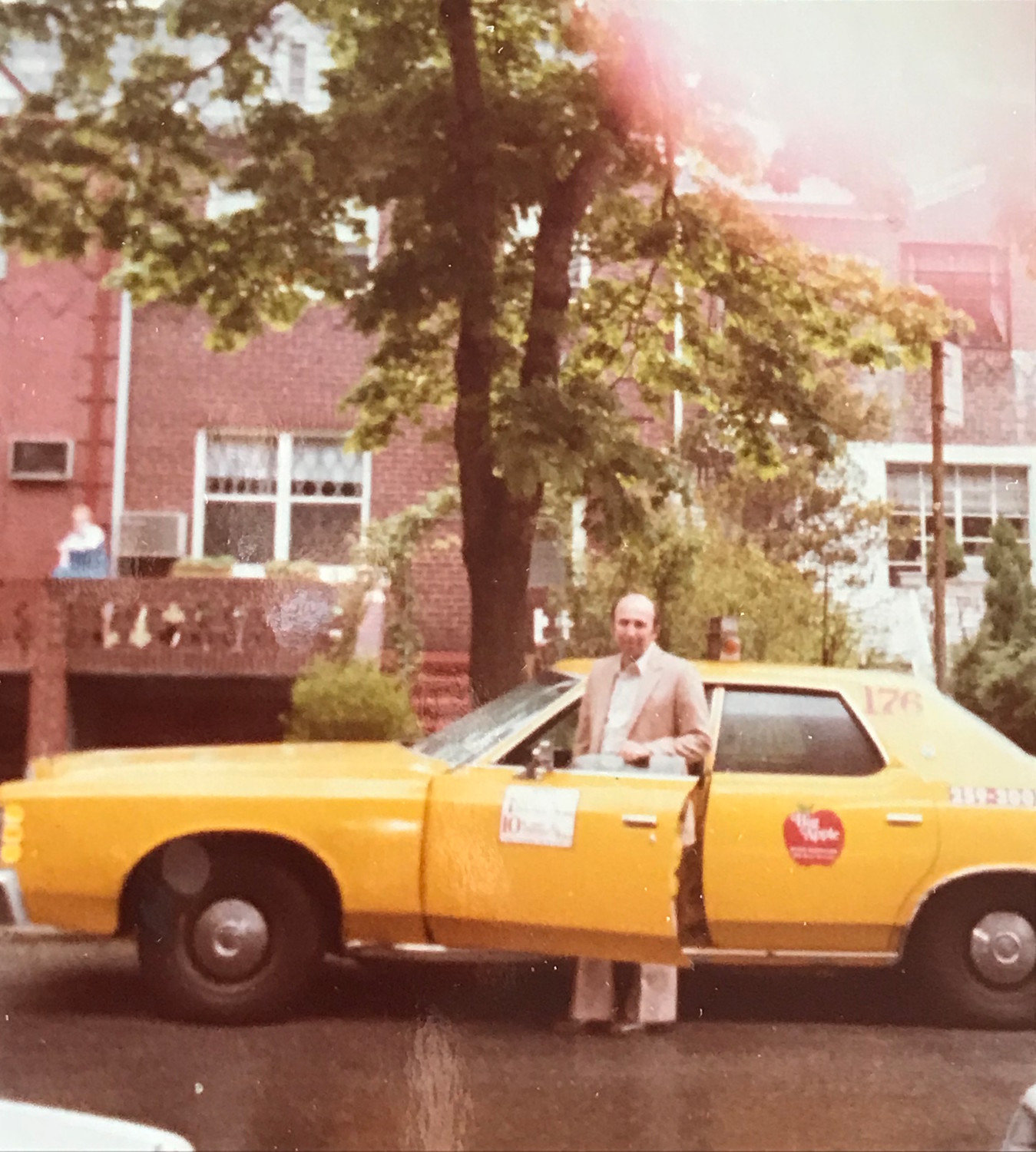Bellmore Holocaust survivors recall and return generosity
In 1965, while living in a cramped Queens home with her husband, daughter and parents, a young Hungarian, Livia Horovitz, gave birth to Debbie. Ever since then, Livia and her husband, Tibor, have stayed together with their daughter. Today they all live in a family home in Bellmore. Debbie has kept a promise to always care for her parents, honoring their struggle and escape from Hungary and Austria during the Holocaust.
“I was 6 years old when I was first taken to the camp,” Livia said. “It was cold, dark. There were fences with barbed wire.”
In Austria’s Camp 12, where she and her family were imprisoned, Livia experienced a world of horrors. Twenty-eight people — including close family members — were killed in front of her. She and other children received little food, resulting in the deaths of many.
At the camp, she contracted mumps, causing her face to swell. The officers were abusive as well. “One slapped me,” Livia said. “I fell to the floor. I thought I was dead.”
“I saw people die right next to me,” Tibor added.
He was kept in Camp 21 in Austria starting at age 10, and was eventually moved to the Mauthausen concentration camp. He saw his sister, who was 17 at the time, shot and killed. A number of others died around him because of the cold.
Now, Debbie always keeps her parents’ journey in mind, giving them a home in their golden years. “I promised I’d take care of them,” she said. “That’s why, when I saw the house in Bellmore, I knew it was the right one.”
Livia and Tibor have lived in the two-family home since 2003, with their daughter and her family. Debbie’s sister, Judy, is also in Bellmore.
Livia and Tibor’s experiences instilled a giving mindset, which they passed down to Debbie. They vowed to take in or help anyone struggling, just as Livia’s father did, and others did for them when they escaped from Hungary over the Austrian border.
Livia recalled the generosity of her father, who never hesitated to offer a stranger his home. There was a young girl working on a farm, who was “this thin,” said Livia, holding up her pinky finger.
“We had to buy her to free her,” she said. The girl’s family had sold her to the farm, where she was enslaved and malnourished. Livia’s family paid for her release, took her in and nurtured her.
After Livia was liberated from the camp by the Soviet Army, her parents also took in 17 surviving children while in Hungary — only 10 of them were family members. Two of the survivors were Christians.
Livia and Tibor often experienced generosity from strangers on their journey into Austria and eventually the United States.
During an attempt to cross the Hungary-Austria border, Livia and her friend Marika were caught by Soviets — even though they were liberated, they were not allowed to freely cross the border — but were allowed to stay in Budapest for one night. Livia and Marika decided to make another attempt, and set off for a train toward the Austrian border. There Livia ran into an old friend of her mother’s — Tibor’s father.
He recognized Livia, and set Tibor and his cousin off with the two girls. The group traveled by train to a stop close to the Austrian border, and then made the rest of their journey on foot.
They ended up on a farm, where the owner’s two grandsons showed them a safe path across the border. The group waited until nightfall, trying to stay hidden from the Hungarian guards patrolling the area. If they were caught, the guards would send them back home.
In the dark, they faced land mines and freezing temperatures. Guards had also placed gravel or sand on the ground to help them follow footprints.
The four survivors hid in a pile of hay, huddling to stay warm and taking solace in knowing how far they had come. Tibor, uncertain whether they would survive the night, proposed to Livia. Before she could even respond, Marika exclaimed, “Yes, she will marry you.” The two were inseparable from that moment on.
The next day, Livia, Tibor, Marika and Tibor’s cousin encountered a stranger on a tractor — Livia recalled his name was Julio. The man drove them to the Red Cross, where they received coffee and food.
From there, they went to Vienna, a refuge for people of all religions, and then across the country to Salzburg, where Livia’s parents joined them before they were married. Livia, Tibor and her parents later went to live in the Bronx with an aunt — a Jewish organization paid for their trip.
Since then, the couple have experienced more generosity. Recently, the Alpha-Omega-Henry Schein Cares Holocaust Survivors Oral Health Program provided dental care. The charity, which formed in 2015, has helped hundreds of survivors.
The harsh conditions in concentration camps often led to poor dental hygiene, causing problems later in life. Livia has visited her dentist, Andrew Rutman, for free checkups and procedures.
Livia and Tibor also try to help others. While living in New York, they said, they took a number of people experiencing tough times into their home, where they fed them and treated them like family. Many lived with them until they could support themselves.
Just before a family friend’s mother died, Livia told her that she and Tibor would act as second parents to her twin granddaughters, 2-year-old Brianne and Chantelle, as if they were their own. The two girls, now 21, became part of their extended family, and often attend holiday gatherings and celebrations.
“We take everyone in,” Debbie said. “From any walk of life. It’s how we were brought up.”

 48.0°,
Overcast
48.0°,
Overcast 










